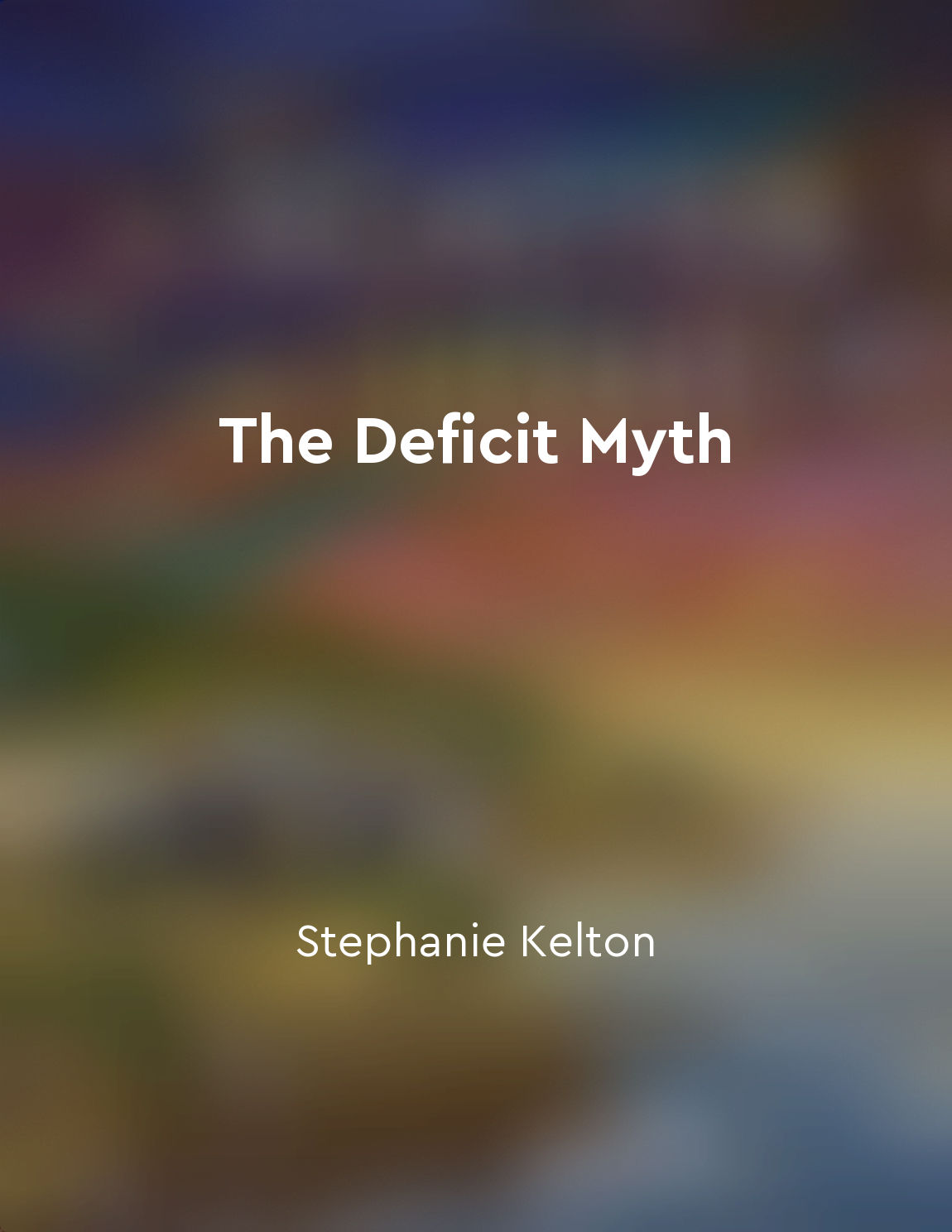Audio available in app
Inclusive institutions lead to prosperity, while extractive institutions lead to poverty from "summary" of Why Nations Fail by Daron Acemoglu,James A. Robinson
Inclusive institutions are those that create a level playing field for all individuals in society. They provide secure property rights, promote the rule of law, encourage investment in education and innovation, and foster a competitive environment where anyone can succeed based on their merit and hard work. Inclusive institutions incentivize individuals to work hard, take risks, and invest in the future, knowing that they will be able to reap the rewards of their efforts. On the other hand, extractive institutions are designed to benefit a small elite at the expense of the majority of the population. These institutions concentrate power and wealth in the hands of a few, leading to widespread poverty and underdevelopment. Extractive institutions limit economic opportunities for the majority of people, stifling innovation and entrepreneurship. They create a system where success is based on connections, corruption, and exploitation rather than hard work and talent. The contrast between inclusive and extractive institutions can be seen in various aspects of society, such as the legal system, political system, economic system, and social norms. Inclusive institutions ensure that everyone has access to justice, equal rights, and opportunities for social mobility. They promote democracy, accountability, and transparency in government, fostering trust between citizens and the state. Inclusive institutions also encourage free markets, c...Similar Posts

Monopoly power can harm consumers
Monopoly power can harm consumers when a firm is able to raise prices above the competitive level because it faces no effective...

Spending on vital programs can stimulate economic growth
It is a common misconception that government spending should be constrained by the amount of revenue it collects. The truth is ...

Behavioral economics explores how individuals make financial decisions
Behavioral economics seeks to delve into the intricacies of how individuals make financial decisions. This field of study goes ...
Robert Solow's research on economic growth earned him a Nobel Prize in Economics
Robert Solow, a brilliant economist, made a groundbreaking contribution to the field of economics through his research on econo...
We must resist oppression
Oppression is not a rare or occasional phenomenon. It is not an aberration. It is not an exception to the rule of freedom and e...
Working towards a more equitable and inclusive society for all
The vision of a society where every individual is given equal opportunities and resources to thrive is a noble one. It is a vis...
Education should prioritize critical thinking skills
In our society, the importance of education cannot be overstated. It is the foundation upon which our civilization is built, th...

Role of government policies in shaping class relations
Government policies play a vital role in defining class relations within a society. Policies formulated by the government can e...

Climate change poses significant challenges to future generations
The world we inhabit today is facing a grave threat that has the potential to impact generations to come. Climate change, a phe...
